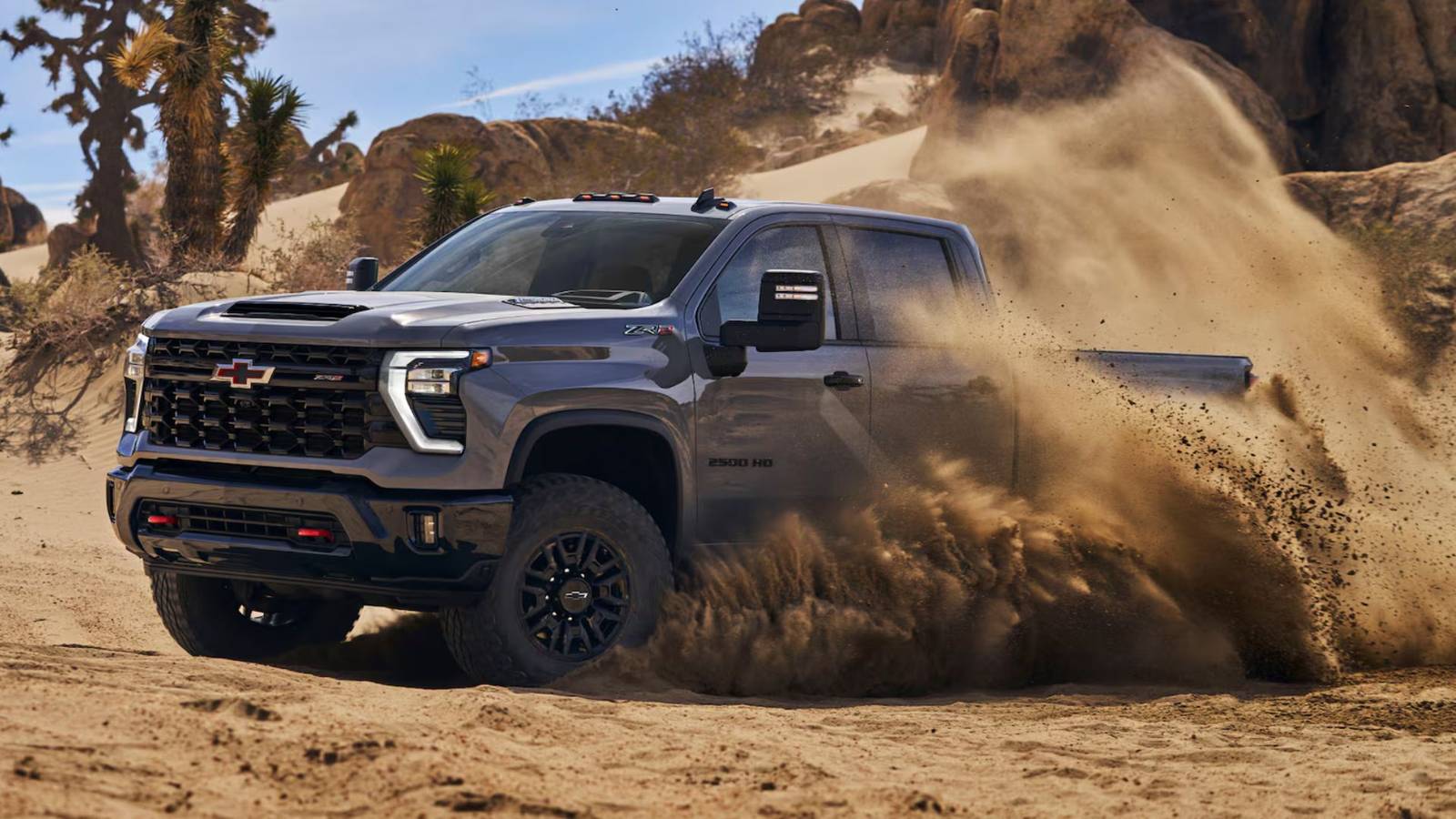America’s new car market is setting new records. You might be happy to see some of those, others you might not want to see at all. US buyers brought home a record number of electric vehicles in the third quarter of 2025, but buyers of all types of vehicles paid more. The average new vehicle transaction has topped $50,000 for the first time ever, putting it over a number that seemed both elusive and inevitable over the last four years.
The average new car, truck, or SUV buyer paid $50,080 in September, according to data from Cox Automotive and Kelley Blue Book. Never before has the average price extended beyond the $50,000 barrier, though it has come close in the same month over the last few years. The influx of new models in the fall, and the higher price tags that come with them, drives that figure upward. This year’s price is 3.6% higher than last year’s high, and is up 2.1% from August 2025.
It’s a steep price, but it could be worse. The average new vehicle MSRP is actually higher. That figure hit $52,183, itself a record high, up 4.2% from last year. Average incentive spending from manufacturers, the discounts they provide versus MSRP on the price or with low-interest financing, hit 7.4% of the ATP, or $3,700, taken off after the ATP number. That’s a 2025 high, but it remains lower than the pre-pandemic decade average.
According to KBB, more buyers took home an EV than ever before. 437,487 EV sales in the third quarter of 2025 gave the zero-emissions tech a 10.5% market share. Some of those sales were driven by a rush to score federal government EV incentives of up to $7,500 before that program expired at the end of the month. EV sales in the quarter were up 30%, with the previous record high of just over 350,000 set in Q4 2024.
The end of that incentive could have a massive impact on the EV market. It almost certainly will in the next few months, as many sales were pulled forward, but it will take some time to see how the market settles out.
“The training wheels are coming off,” said Cox Automotive Director of Industry Insights Stephanie Valdez Streaty. “The federal tax credit was a key catalyst for EV adoption, and its expiration marks a pivotal moment. This shift will test whether the electric vehicle market is mature enough to thrive on its own fundamentals or still needs support to expand further.” Electric vehicle incentives made up 15.3% of the ATP of those models, though that was down versus August.
EVs are more expensive than the average vehicle. Cox estimated that the ATP for EVs was $58,124. With that low market share, EVs probably did help tip the industry average over $50k by that small amount. A larger impact, though, comes from the 94,000 vehicles with ATPs higher than $75,000. Those expensive models made up 7.4% of sales, up from 6.0% the same month last year. Buyers of those vehicles, usually luxury models, are not experiencing the same economic impacts as those looking for more reasonably priced cars.
The brand group with the highest average transaction price was Tata Motors with an ATP of $102,096. If the name doesn’t ring a bell, it’s because it’s the parent company of Jaguar and Land Rover, and sells only those premium brands in the US. Mercedes-Benz was next at $75,700, with BMW Group (including Mini and Rolls-Royce) at $69,924. The lowest ATP goes to Subaru at $36,092, with Mazda next at $36,144 and Mitsubishi and Nissan lumped together in third at $36,547.
Source: Cox Automotive
We want to hear from you! Share your opinions in the thread below and remember to keep it respectful.
Your comment has not been saved
This thread is open for discussion.
Be the first to post your thoughts.











